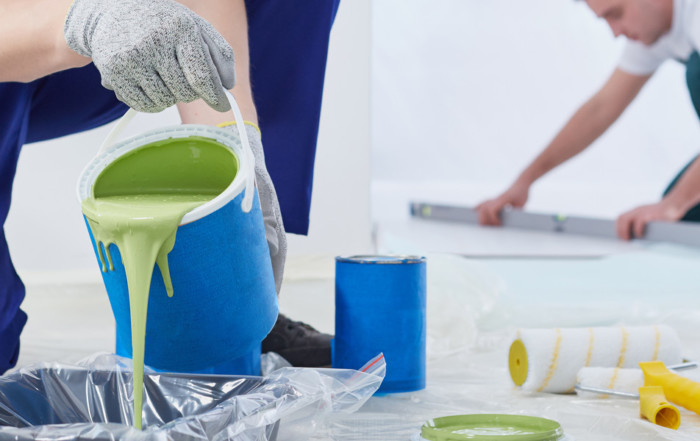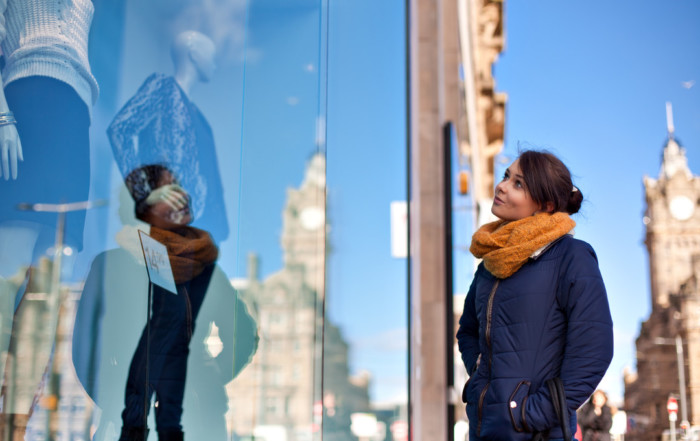Businesses are finding that consumers are no longer accepting the widespread use of non-renewable materials like single-use plastics. As environmental awareness grows among consumers, the search for sustainable alternatives is on. Forward-thinking organisations are finding that they can stand out among the competition by offering a cleaner option.
McDonald’s UK wasn’t as quick on the uptake. They are making the switch from plastic to paper straws after an online consumer petition reached nearly half a million signatures. This case is part of a larger trend in which consumer-led action is pushing big-brand corporations to make changes to help protect the environment. Non-renewable plastics, in particular, are suffering a huge reputational crisis.
Social Media Pressure
The McDonald’s straw petition was fuelled by concern for the consequences of ocean plastic. Crucial to the campaign’s viral success was a harrowing video of a team of scientists pulling a plastic straw from the nostril of a sea turtle. Social media has become a key player in driving consumers’ environmental awareness, and it is the platform for the campaigns that can make or break a business’s reputation.
The commentary from Paul Pomroy, chief executive of McDonald’s UK and Ireland, is telling: “Reflecting the broader public debate, our customers told us they wanted to see a move on straws.” Businesses are recognising that they need to respond to the increasing public interest in environmental issues, if they want to retain their customers. Ideally, this means making an informed early move instead of waiting for legislation to catch up.
The Opportunity in Renewable Materials
There’s more to renewable materials than merely preventing reputational damage. Innovative, recyclable materials come with their own benefits. Paper (or card) is lighter than plastic, so savings can be made on transport. This in turn translates to a lower carbon footprint. Resource efficiency is also a big money-saver. Why throw away money on a single-use product when you can invest in something that is reusable?
And then there’s the PR advantage. An international study by Unilever shows that a third of consumers prefer sustainable brands. This shows that, just as a weak environmental policy can damage a brand, a strong one can boost sales. Clearly, the materials that are good for the environment are also good building blocks for your business.





